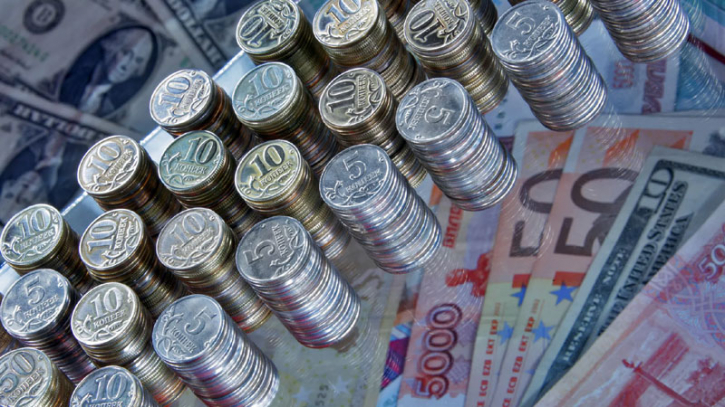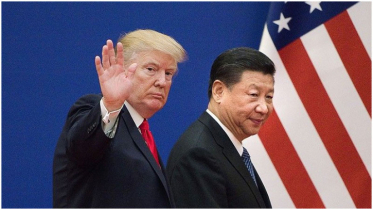Moscow discussing integration of payment infrastructure with BRICS

Russia is discussing with other BRICS countries the integration of national financial message transmission systems, and currently 159 foreign participants from 20 countries have already joined the Russian platform, Russian Central Bank Head Elvira Nabiullina told.
According to a report published in the Sputnik, "Russia has a Financial Messaging System that is an alternative to SWIFT. Some other countries have similar infrastructure. We are discussing the interaction of such platforms, but the interest and technical readiness of our partners are important here," Nabiullina said, commenting on whether the BRICS countries are ready to integrate national financial communication systems.
A total of 159 foreign participants from 20 countries have already joined the Russian system, the official added.
Furthermore, the Russian Central Bank is conducting talks with many friendly countries on cross-border settlements in digital currencies, Nabiullina said.
"We are currently holding consultations and negotiations with many friendly countries and, of course, with the BRICS countries on cross-border settlements in digital currencies. And I think that in the future they will certainly develop," the Central Bank head highlighted.
Many countries are now thinking about introducing digital currencies of central banks, Nabiullina added.
The share of the BRICS countries in Russia's trade balance has doubled in two years to 40%, and settlements with those countries in national currencies have more than tripled to 85%, Nabiullina emphasized.
"Their share in trade with BRICS is now about 85%, two years ago it was 26%," the official said, commenting on the share of national currencies in Russia's trade with BRICS.
The share of the BRICS countries in Russia's foreign trade has significantly grown, the Central Bank head stressed.
"It has become much larger, now it is about 40%. In 2022 it was less than 30%, and in 2021 it was about 20%," Nabiullina explained.
Meanwhile, the share of the Chinese yuan in Russia's exports over the past two years has increased by 86 times to 34.5%, and by more than 8 times in imports to 36.4%, Nabiullina emphasized.
"Currently foreign economic activity is very actively switching to the use of other currencies, primarily the yuan. For example, two years ago, the share of Chinese currency in Russia's exports was 0.4%, and according to the latest data — 34.5%, in imports it increased from 4.3 to 36.4%. That is, a fairly large increase," the Central Bank head clarified.
Moreover, Russia will raise the issues of mutual recognition of ratings and the creation of a joint anti-money laundering platform in BRICS in 2024, Nabiullina said.
"Yes. Firstly, we would like to promote the topic of mutual recognition of ratings. This is very important for mutual trade and investment," Nabiullina said, answering the question of whether Russia will raise new issues as part of its BRICS presidency.
Within the framework of BRICS and the EAEU, the creation of supranational rating agencies is being discussed, the official said, adding that this issue is promising, but there are "a lot of difficult questions" within the issue.
"In our opinion, mutual recognition of ratings will be faster and more practical," Nabiullina said.
The second topic that Russia intends to raise in the BRICS is countering money laundering, the official said.
"We want to see what common platform solutions in this area can be developed at the BRICS level. This would greatly simplify business cooperation between our countries," Nabiullina added.
Russia would also like to develop within the framework of the association the building of a settlement and depository infrastructure, the Central Bank head said.
"We plan to form the final agenda by the end of February," Nabiullina concluded.
.png)




